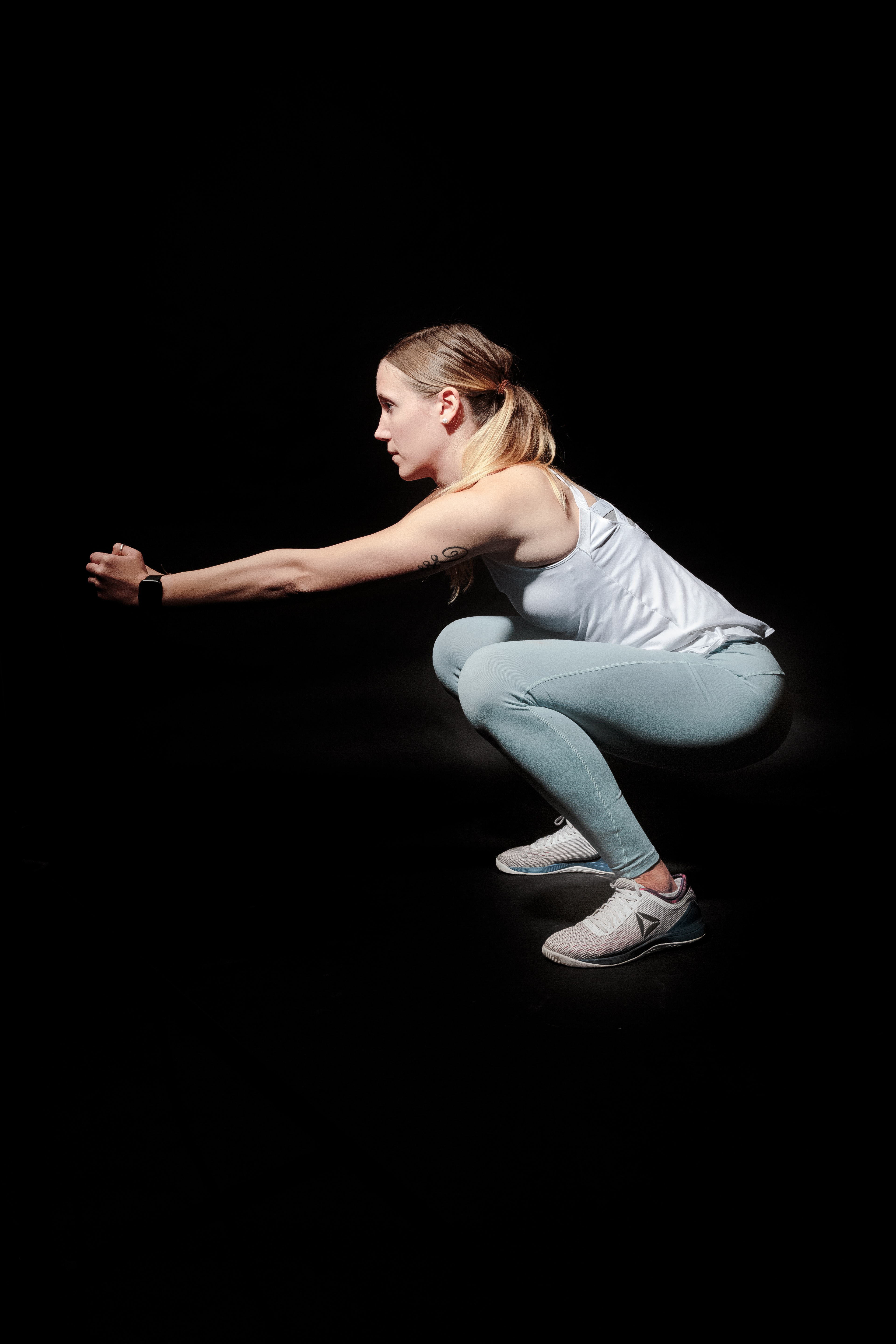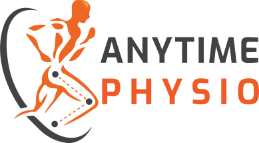
For many people, the idea of squatting is one that is riddled with quite a bit of fear, lots of adrenaline, and the utmost dedication; sometimes, even apt humility.
Regardless of whether you’re a powerlifter, casual gymgoer, or budding bodybuilder, chances are that you squat least once or twice a week to improve your leg strength. From the moment you load up the bar and settle yourself in for the monumental first push, it’s safe to say that this exercise can be quite more challenging than anything else.
Among all the different challenges that you could possibly run into when performing squats, there’s one that’s bound to cause more trouble if you aren’t careful: Knee pain.
The perils of experiencing pain when squatting
At first, the experience of feeling pain or discomfort in your knees when squatting starts off as a negligible problem that doesn’t really seem like much.
During the first few weeks of squatting and feeling pain at the same time, you may probably confuse it with the feeling of simple products of adjustment in one form of another. The truth about this common issue, however, is that it bears a level of impact on your athletic performance and can put your knees through an unnecessary amount of stress. This is especially possible if you keep squatting and ignoring the problem completely.
Fortunately, fixing this problem isn’t as difficult as you may expect and it doesn’t necessarily require surgery as it is most likely tied to flexibility (or the lack thereof) that’s easy to solve!
How can you fix the problem?
Fixing squatting-related knee pain is a task that involves taking the necessary steps to carry out a proper solution depending on the trigger factor involved. If your knees get in the way between you and your next PR or simply prohibit you from achieving a proper range of motion, here are two fixes that you can try to remedy the pain you’re experiencing:
Fix #1: Increase your ankle mobility with a few different exercises
What most people don’t understand about squatting-related knee pain is that it can be far more interlinked with one’s ankle mobility than the knees themselves.
No matter how healthy your knees and ligaments may be, having ankles that are too stiff to let your body move freely during the eccentric and concentric portions of a squat will lead to bigger problems, such as:
- The tendency for the knees to cave inward during a movement
- The heels lifting off the ground during the squat itself
Thankfully, this problem can be solved by increasing the range of motion in your ankles with the help of consistent stretching, rotations, and slower squats with lighter weight to fix your form and iron out the tendencies mentioned above!
Fix #2: Improve your current hip strength
Aside from stiff ankles, another common problem that’s linked to knee pain when squatting is an insufficient amount of hip strength.
What makes hip strength and its associated muscles so vital in causing and relieving knee issues lie in the fact that the fibres involved have a significant influence on how the knees move throughout the movement. Generally, this problem can be solved with the help of a dependable physiotherapist—such as the professionals at Brisbane’s Anytime Physio—who will prescribe you with a proper program to improve your hip strength and prevent further pain!
Conclusion
As menial as the problem of experiencing knee pain while squatting may sound, it is essential to tackle the problem at hand and treat it immediately because of how disastrous things can get if you aren’t careful. With the help of the two fixes mentioned above, you can bring your squats back to the way they’re supposed to be and while protecting your knees in the long run!
We’re a physiotherapy clinic in Brisbane that specialises in treating problems in the body and its movement that range from simple ankle problems to complicated bouts of knee pain. Get in touch with us today to see how we can best help you and restore your body back to its prime functioning!

